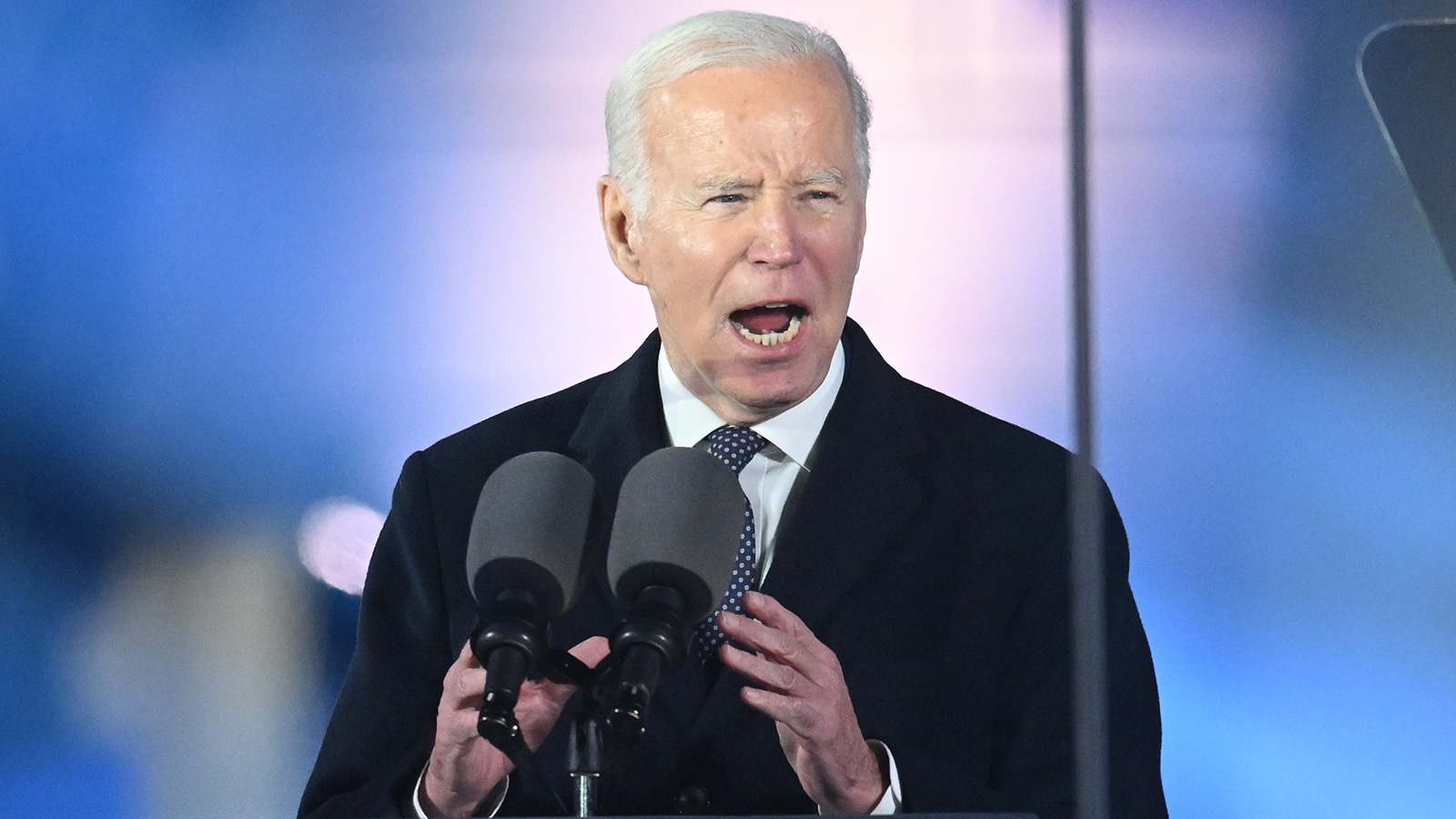OPINION: This article may contain commentary which reflects the author's opinion.
President Joe Biden has his first primary opponent for the Democrat nomination for president, even though it may not be a formidable one. Marianne Williamson, who fancies herself a “spiritual thought leader,” announced that she would again vie for the Democrat nomination after failing to secure it in 2020.
“I wouldn’t be running for president if I didn’t believe I could contribute to harnessing the collective sensibility that I feel is our greatest hope at this time,” she said to Medill on The Hill.
“People who run the government are divided into two categories, those who either don’t care to fix it or do not have the spine to fix it. And neither category should be running this country,” the candidate said. She also opined on the Democrats moving South Carolina to first in the primary calendar as an effort to engineer the primary for President Biden.
“How can you claim to be a champion of democracy when your own process is so undemocratic?” she said.
“What we’re experiencing is the latest iteration of forces who put their property rights and their short-term economic gain before the health, safety, and well-being of the majority of people. Other generations have pushed back against that. Now it’s our turn to do that.”
President Biden got another round of horrible news earlier this week after a new Harvard CAPS-Harris Poll found that former President Donald Trump leads Biden and Vice President Kamala Harris in hypothetical 2024 match-ups.
“Forty-six percent of those surveyed said they would vote for Trump over Biden if the 2024 election were held today, compared to 41 percent who said they would support the president. Thirteen percent were unsure or didn’t know. By a wider margin, 49 percent of respondents would vote for Trump and 39 percent would vote for Harris if the 2024 race were between the two. Thirteen percent were unsure or didn’t know,” The Hill reported.
“Trump continues to be the strong favorite among a competitive Republican field, according to the poll. In a hypothetical eight-way primary, 37 percent of respondents would vote for Trump, while 19 percent would back Florida Gov. Ron DeSantis (R), whose support has dropped from previous polls. Seven percent would vote for former U.S. Ambassador to the United Nations Nikki Haley, the second notable Republican to officially launch a presidential bid and first to challenge Trump. The poll found that Haley did gain some momentum after what many considered to be a successful presidential campaign announcement this week, rising to third place in a potential GOP primary that does not feature Trump,” the outlet added.
Nearly nine out of 10 Democratic voters surveyed in a poll published on Friday say they believe President Joe Biden should not be leading the party, while many of the party’s leaders now admit he’s too old to run again in 2024.
The AP-NORC poll asked: “Who should lead the Democratic Party?” Just 12 percent said it ought to be Biden.
According to the AP-NORC poll, House Minority Leader Hakeem Jefferies (D-NY), Sen. Bernie Sanders (I-VT), and Rep. Alexandria Ocasio-Cortez (D-NY) all received 5% of the possible answers, which included seven options.
Embattled Transportation Secretary Pete Buttigieg and Senate Majority Leader Chuck Schumer (D-NY) received 3% each. The highest number of responses, however, were “no answer” and “other response,” which came in at 37% and 21%, respectively.
But that said, the same survey was not exactly a win for the current Republican Party leadership, either.
Only 20% of self-identified Republicans believe that former President Donald Trump should lead the GOP, while 22% believe that Florida Governor Ron DeSantis would be a better candidate for the position. The poll also found that 34% of respondents chose “no answer,” while 21% selected “other response.”
“Republicans and Democrats alike are expressing concerns about the direction of the parties. Democrats are more optimistic than pessimistic about the future of their party (44% vs 26%), while Republicans are about equally optimistic (38%) and pessimistic (36%) about where their party is headed,” the pollsters said.
Voters on either side of the aisle did not express a great deal of confidence in their party, according to the survey’s results, but it appears worse for the GOP.
“Only 22% of Republicans are very or extremely confident that their party’s leadership represents their values,” the pollsters noted. “Fifty-five percent are somewhat confident and 21% are not confident. In contrast, 42% of Democrats are very or extremely confident that the Democratic leadership represents their values, 36% are somewhat confident, and 20% have little or no confidence.”
